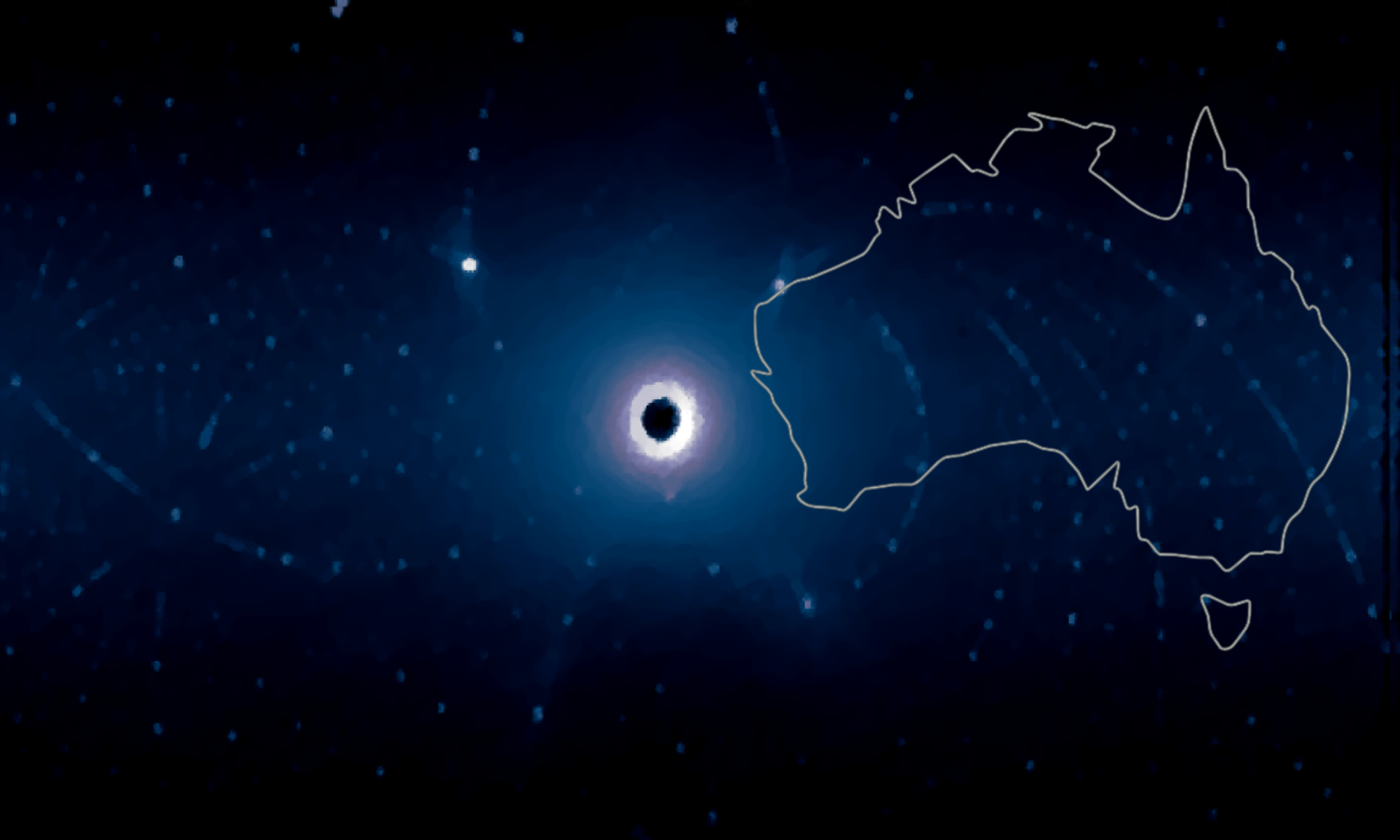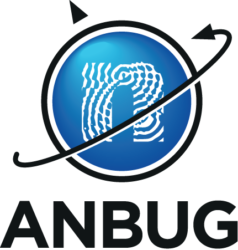On July 20th, 11am-12pm, ANBUG is very happy to host the first in a series of seminars/workshops of general and practical interest to ANBUG members. As we all use neutrons for our experiments, the first seminar focuses on the source of those neutrons.
The talk is entitled:
The OPAL research reactor
presented by Rodney Hall
The OPAL research reactor at ANSTO started operation in 2006. It replaced the HIFAR research reactor which shut down in 2007, in its 50th year. This talk will provide a brief history of HIFAR and then move on to describe the OPAL reactor. This will include an overview of the operation and utilisation of OPAL including details of some of its main components and systems, and how it provides neutrons to the neutron beam experimental facilities.
Rodney Hall is a Nuclear Analyst working at ANSTO for over 19 years. His role is primarily to provide reactor physics support for the operation and utilisation of the OPAL reactor. Rodney has a background in experimental physics. He completed a Bachelor of Technology Honours degree in Optoelectronics in 1996 from Macquarie University. He joined ANSTO in 2002 initially working with the Sulfide Solutions Research Project, principally working on developing instrumentation for the management of mine waste sites. Then in 2003, he took up a position as Reactor Physicist at HIFAR in its final years of operation and was involved with its conversion from HEU to LEU fuel. After HIFAR was shutdown, he moved to the OPAL reactor to work in the Nuclear Analysis Section.
The zoom details will be emailed to ANBUG members. If you have not received this email, please contact Dr. Ben Mallett (ben.mallett@vuw.ac.nz).





